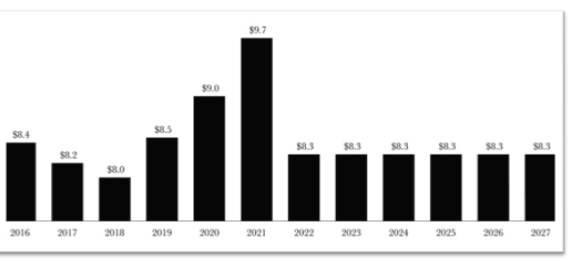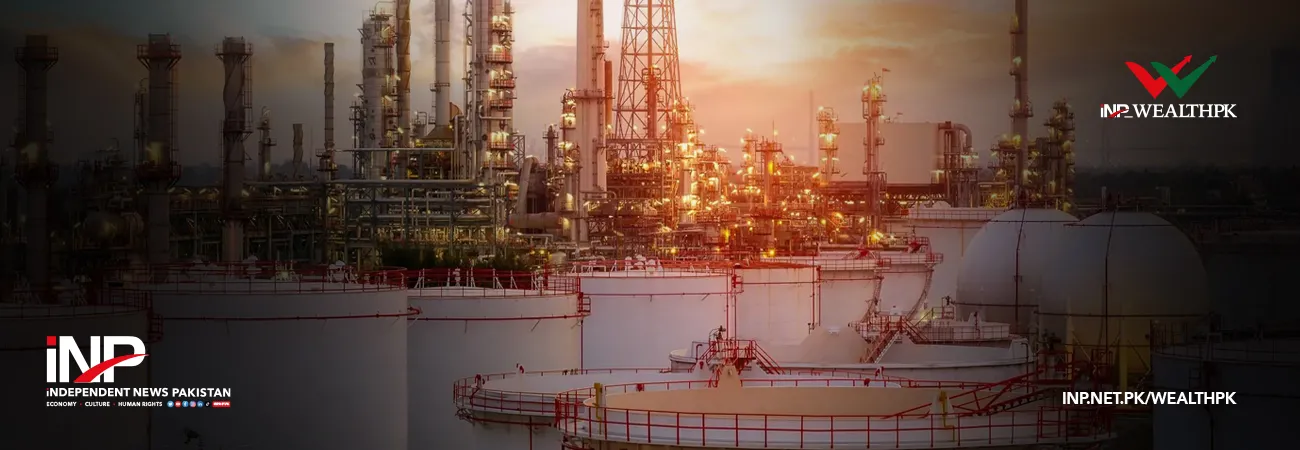INP-WealthPk
Amir Khan
A draft petrochemical policy, which was submitted to the Ministry of Industries & Production in July for review by relevant ministries and divisions, aims to attract investment in the midstream sector to initiate domestic petrochemical production at mass level. The draft policy is soon to be presented to the Economic Coordination Committee of the Cabinet for deliberations. The Engineering Development Board (EDB) is working with public and private sector stakeholders to refine the Petrochemical Policy of Pakistan (2023), says an official of the Ministry of Industries and Production.
Talking to WealthPK, he said the ultimate goal was to foster domestic production of petrochemicals like polypropylene, polyethylene and others, ensuring sustainable growth and providing plastic resins to the downstream engineering industry. The ministry official said that the need for an industrial policy was underscored by two crucial factors: the impending Saudi refinery and the potential for sectoral growth. "The recently-introduced Petroleum Refining Policy, specifically tailored for a collaborative project with Saudi Arabia, might also offer a boon to the petrochemical sector."
The official added that the impending petrochemical policy might also set production thresholds, further ensuring world-scale operations and fostering exports. He pointed out that Pakistan's chemical sector faced challenges with output stagnating at $8.3 billion in 2022, a decrease from its 2021 peak of $9.7 billion."
Output of chemicals in Pakistan, values in billions

Source: Global Research and Data Sciences
"The anticipated benefits of the petrochemical policy are numerous, as it is expected to ensure a consistent supply of essential raw materials for various downstream sectors, including textiles, construction, automobiles, pharmaceuticals, fertilizers, and synthetic rubber." The official suggested that a $1 increase in petrochemical output could potentially amplify the gross domestic product by about $4, thanks to a high GDP multiplier effect.
He emphasised the underdeveloped state of Pakistan's petrochemical sector and the opportunity to invest $3 billion in the midstream petrochemical segments. "The strong local demand for specific products justifies the establishment of world-scale plants in Pakistan." Petrochemicals, specifically the midstream segment, involve monomers and polymers derived from naphtha cracking. These materials are used by the downstream sector to manufacture a wide range of plastic products for various industries, including packaging, construction, automotive, and more.
Major petrochemical products currently produced in Pakistan include polyvinyl-chloride (PVC), polystyrene (PS), purified terephthalic acid (PTA), polyethylene terephthalate (PET), phthalic anhydride (PA), and linear alkyl benzene sulfonic acid. Despite the enthusiasm surrounding the upcoming policy, stakeholders are aware of the competitive challenges ahead as Pakistan's petrochemical sector will now have to compete with the established global players, including China and India. Yet, with a policy on the horizon, there is hope that Pakistan can chart a successful path in the petrochemical industry.
Credit: INP-WealthPk













